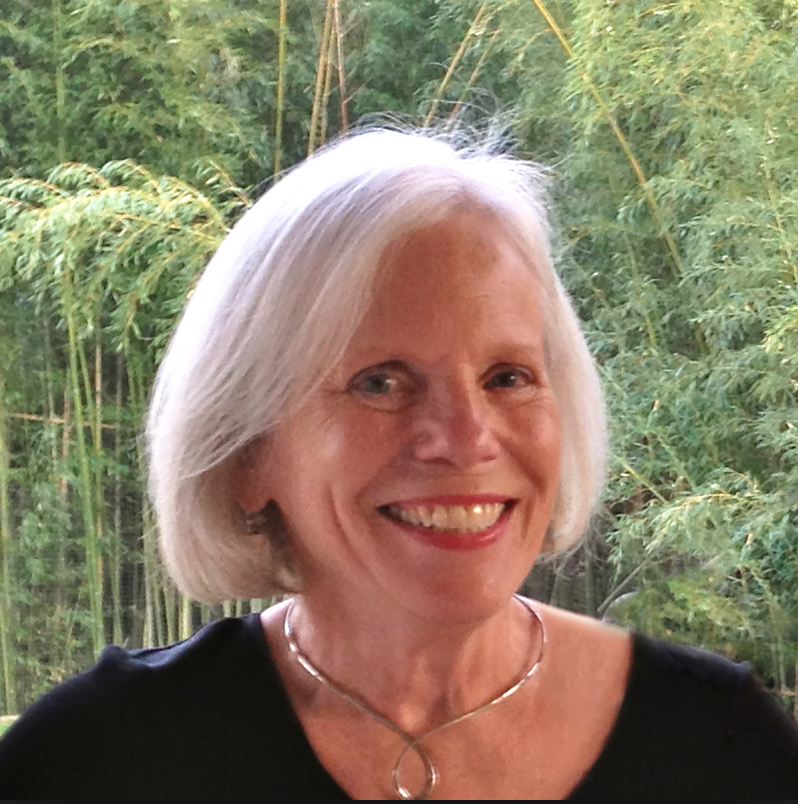The most profound lesson I’ve learned from having children is that being a parent entails giving up expectations I didn’t know I had. We want the best for our children, but it’s as we—not they—define “the best.” When Dan Griffin and I were asked to lead a recent adult group discussion on “Parenting the Unexpected,” the phrase that immediately came to mind was Not My Plan.
John Lennon wrote, to his beautiful, darling boy, “Life is what happens to you while you’re busy making other plans.” Anne Lamott’s wonderful book, Operating Instructions, describes the year when she became a single mother, her best friend was dying, and the baby had colic. She met parts of herself she never knew, including the part that longed to put the baby out on the porch, for just one night. “Nicely bundled up, of course.” She got a wonderful son and a great book out of all that, but I suspect that, back then, she would have said that it was not my plan.Two decades later, with a much-loved grandson, she admits that when her son’s girlfriend got pregnant, it “was not my plan for him.”
Andrew Sullivan writes, in Far From the Tree, of the variety of ways children can turn out to be not like their parents, and not what the parents expected—they may have Down syndrome, for example, or be autistic, deaf, a prodigy, or transgender.
One of our children, an early IFFP COA Program student, is a transgender visual artist, circus trainer, tattooist trainee, and wonderful friend. I delight in their vibrant, rich and meaningful life, and no longer mourn the little girl I once had. But it was, at first, a complicated and difficult adjustment to a development that was not my plan.
When asked to write about this experience, one of many modern issues in parenting, I realized that parents coming to grip with new realities is often about grief and making sense of loss. Ordinary life entails necessary losses: giving up the egocentric bliss of infancy, confronting the realities of marriage after the magic of first love, or stepping to the front of the line when parents die. Parenting brings one ending after another. We say goodbye to the baby clothes, the toddler’s first toys, the ten-year old’s Legos, even our own once-constant worries about a teenager’s homework. We want and love the new version of a beloved child, but feel the loss of the one just past.
Some unexpected developments can be hard to talk about. We won’t be happy to learn that a child has learning or attentional differences, however helpful that knowledge may be. We don’t immediately celebrate learning a child is gay, or transgender, or is marrying someone from a different culture, but our initial shock and dismay may be the last thing we want to communicate to our child, our friends, or even ourselves. We don’t think we should be in pain.
Grief does not proceed in a linear five-stage order, but back and forth through denial, anger, bargaining, and depression. Getting to acceptance is more likely if the painful initial adjustment is acknowledged and processed, and that takes some time. As with bereavement, we can’t find new things to be interested in and to love if we aren’t able to experience the feelings that go along with losing a whole set of assumptions, patterns of relating, and expectations.
Unrecognized losses, however, bring disenfranchised grief, struggling alone with ambiguous loss, not understood by others or even ourselves. Loss itself is universal and not insurmountable, but unattended sorrowmakes moving through difficult life adjustments much more difficult.
The Interfaith Families Project has, over the years, been the solution to many couples’ conundrums about religious identity and practice. We sympathize with someone whose rabbi or priest wouldn’t marry them, or whose parents threatened to cut off communication with them. What we don’t think about much, and may find hard to understand, is the experience of those parents.
Imagine the mother who, when her brother was ordained, thought fondly that he would someday perform her daughter’s wedding mass. Or the father who, at his son’s bar mitzvah, envisioned the same beautiful ceremony for a grandson. Inherited practices, traditions and beliefs preserve and strengthen precious familial links. They connect past, present and future generations, and if we consider a parent’s sorrow upon learning that so much of what they hoped for is not going to happen, we can understand why adjustment takes time.
We have many families in IFFP where grandparents have come to embrace not only their children’s spouses, but our organization and all that it stands for and does. We see and celebrate the happiness, but it’s good to remember that that joy often results because of, not despite, living through loss.

